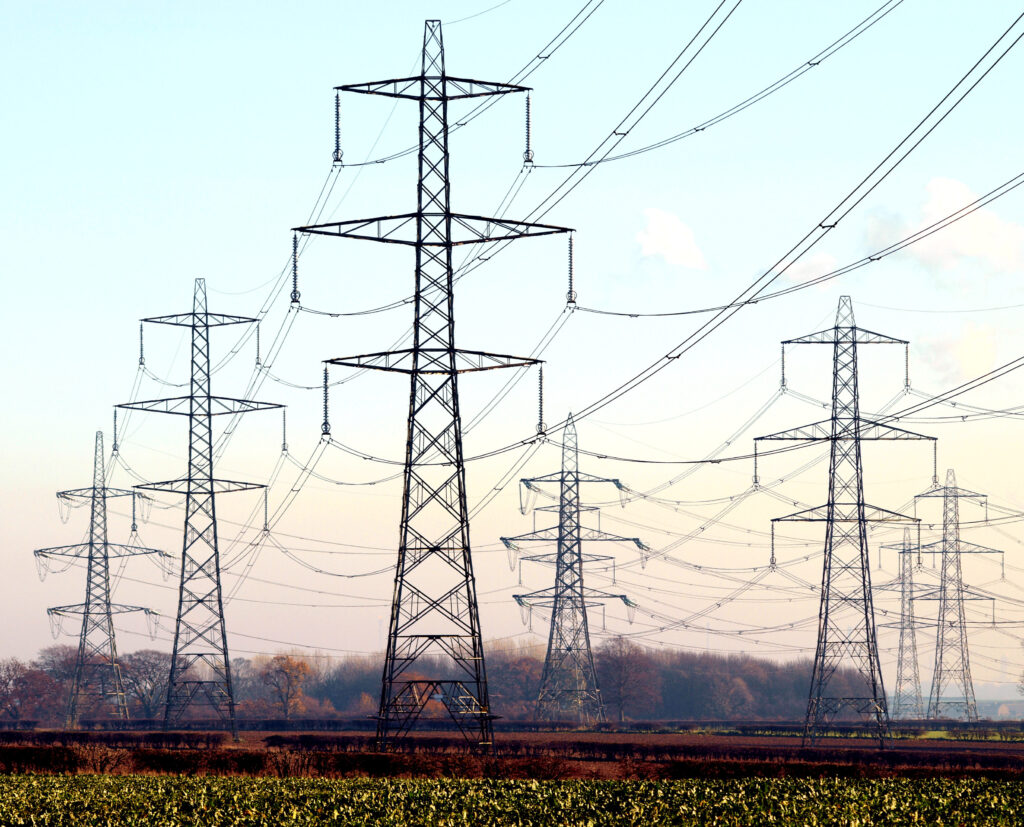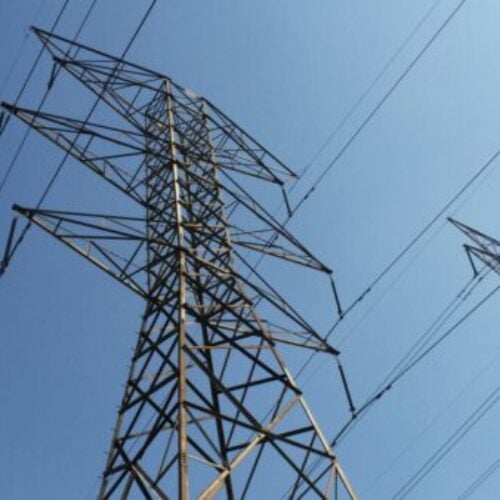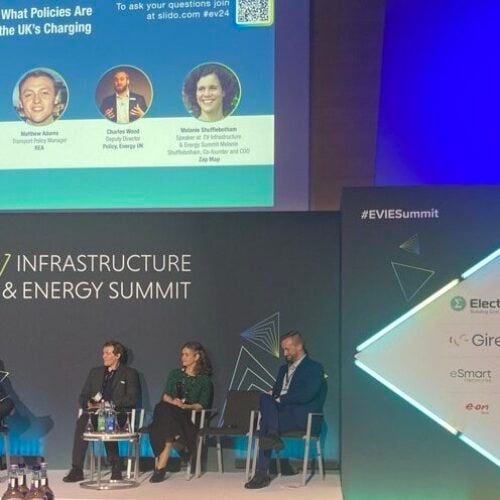Ofgem has published the second of its two working papers for its Significant Code Review (SCR) into network access and forward-looking charging.
The review is aiming to ensure that electricity networks are used efficiently and flexibly in the face of the radical transformation the system is undergoing due to decarbonisation, digitalisation and decentralisation, says the regulator.
The paper sets out a series of discussion notes, covering the regulator’s current thinking on potential options for reforming the distribution connection charging boundary, for focused reforms to transmission network charges and how options could be applied to small users.
The paper splits the options for reforming distribution connection charging boundary, into shallowish, shallower and shallow sets. These range from the status quo with shallowish, to no longer recovering a reinforcement cost through connection charges in the shallow changes options.
Ofgem’s initial views suggest there are likely to be trade-offs between these different options.
“For example, while a more shallow connection boundary will reduce costs for the connecting customer, it could mean that overall network costs are higher, with higher costs for customers as a whole,” it says.
In the next section of the SCR, Ofgem expresses its concern that existing forward-looking transmission charges for demand users may not be properly reflecting key transmission cost drivers. It looks at options to provide different levels of signal for demand response, whether these signals are needed or whether they would be better provided elsewhere.
It goes on to also consider whether, in areas where they contribute to network costs, small distributed generators should start paying towards wider transmission charges to avoid distorting competition between large and small generators.
The final key section of discussion notes looks at how small users can benefit from going forwards, and the adaptations that may be needed from large user arrangements.
The SCR notes that while the framework needs to keep pace with the fast pace change of energy consumers, and looks at a range of potential adaptations – to access and charging options directly, as well as those the retail market could deliver – which would help address the risks consumers may face.
Following these areas, the SCR including supporting notes including illustrative examples, external inputs into our work, current arrangements, and the Consumer Panel Report. Ofgem is now going to present the paper and gather feedback at the Charging Futures Forum on 18 December, as well as opening it up to comments till 24 January 2020.
A decision on final conclusions is earmarked for mid-2020, and the regulator expects to begin implementing changes from April 2023.
The full document detailing the proposed overhauls under the SCR can be found here.
Ofgem’s SCR comes amidst wider changes to network charging as the regulator plots a modernisation of its approaches. The Targeted Charging Review, which was launched to update residual network charges, was pushed through late last month despite overwhelming opposition to the plans.






